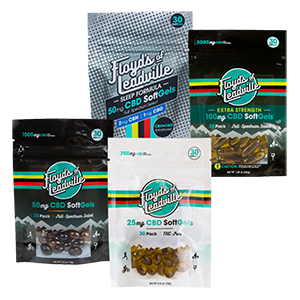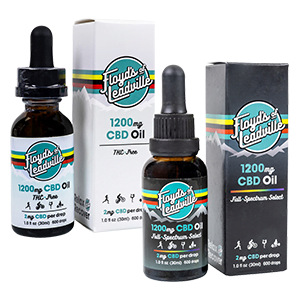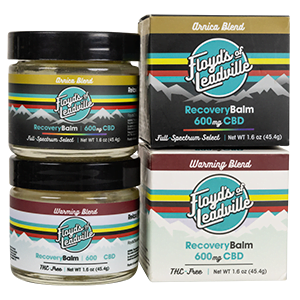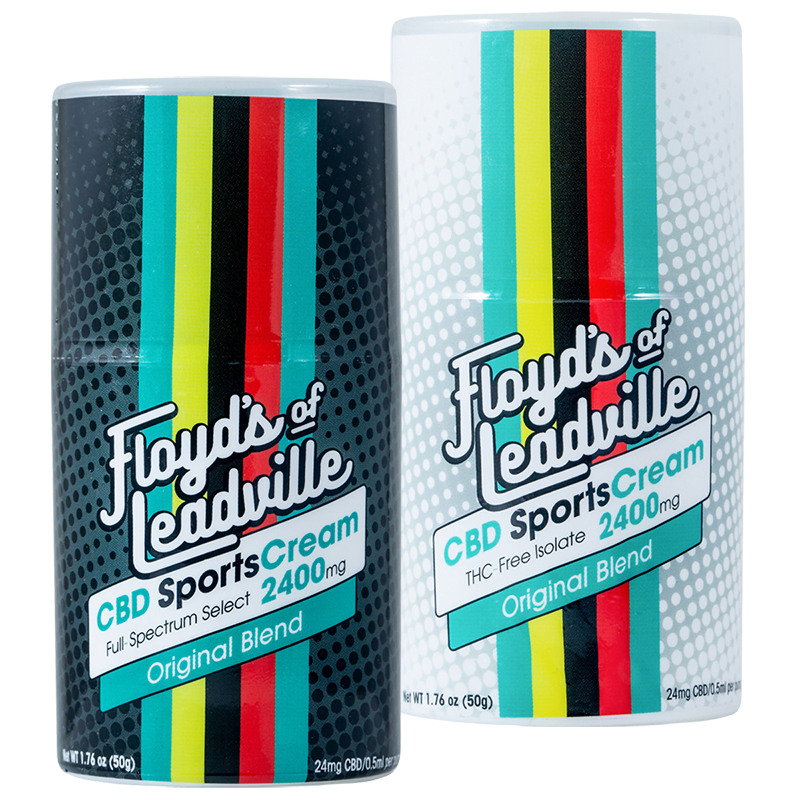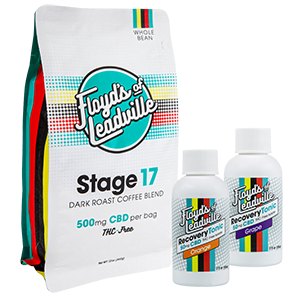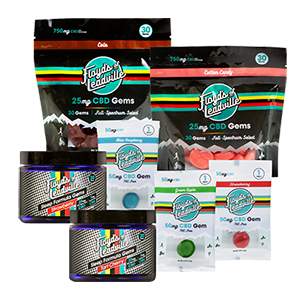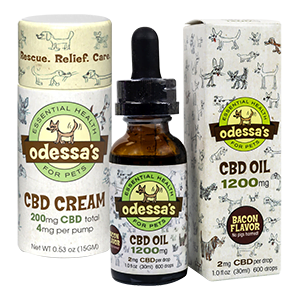Know Your CBD
Know Your Farmers
One of the most common questions we get from customers is “where do you actually get your CBD from?” We can’t blame them; the shifting legality of cannabis products over the past decades hasn’t exactly fostered a clear image of what’s what. But fear not, our hemp doesn’t come from a hydroponic grow box in your friend’s brother’s closet. Nor is it sourced from ethically questionable plantations outside of the US. At Floyd’s, we’re all about community and that’s why in addition to working with Colorado farmers, we’ve gotten behind a hemp growing cooperative in Lancaster, PA and are expanding our hemp operations around the country.
Not only is Lancaster where Floyd grew up, it is also the former hemp growing capital of the US. Now that hemp is legal again, we’re helping farmers take advantage of the great soil and generations of experience to grow organic hemp the old-fashioned way. Then we take it, extract all the relaxing and recovery enhancing CBD out of it, and bring it to you in a variety of easy-to-use products.
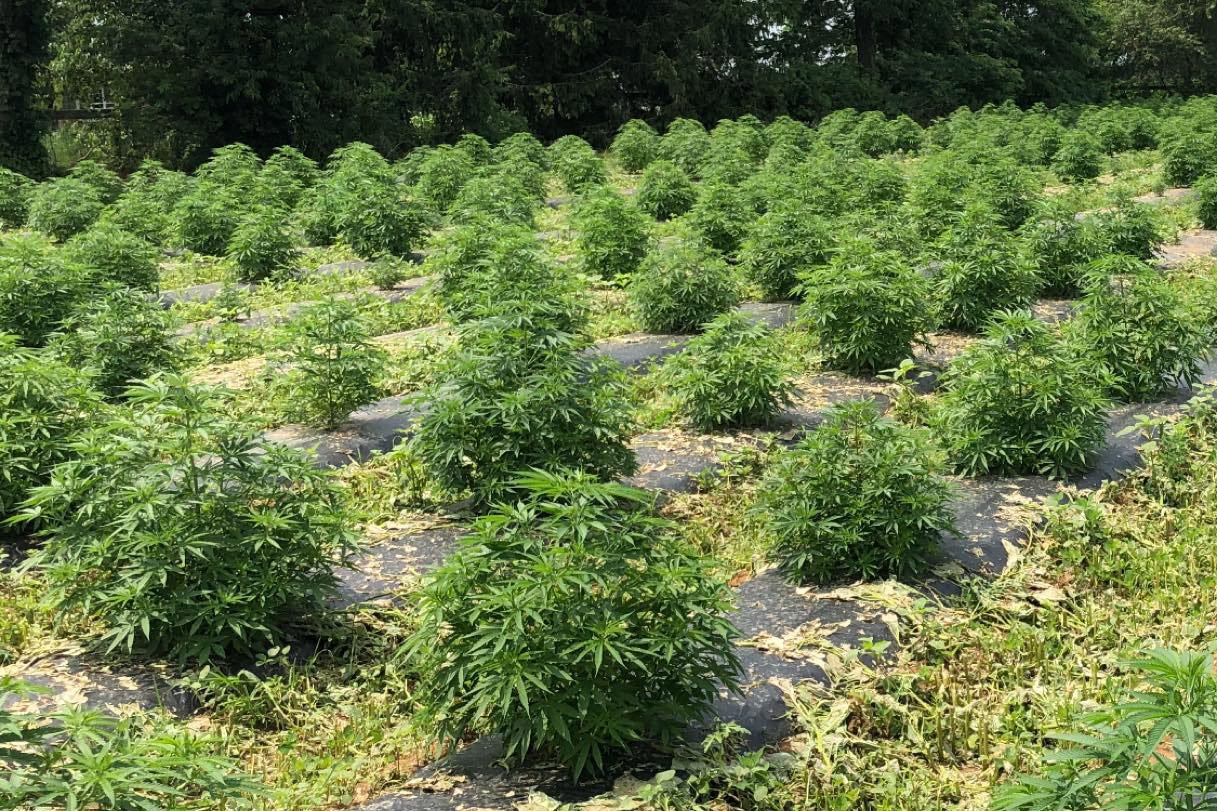
Growing hemp isn’t easy, and although it provides a far higher revenue per acre than any other crop grown in the area, we aren’t encouraging farmers to dedicate all their land to the crop. Instead, we cap each farm’s contribution to the co-op at 5 acres and encourage growing hemp in the same way they would have grown tobacco or vegetables before. This isn’t big-ag, it’s small scale farming of the dirty hands and muddy boots variety.
Hemp is a fragile little flower, and that means it needs a lot of TLC (not THC, that’s different). Production is small-scale so that farmers can use traditional techniques like hoop houses to keep the young plants warm and safe from storms, or hand weeding and thinning. These techniques mean we don’t need to use artificial pesticides and other agrochemicals that we don’t want to end up in the CBD products we produce.
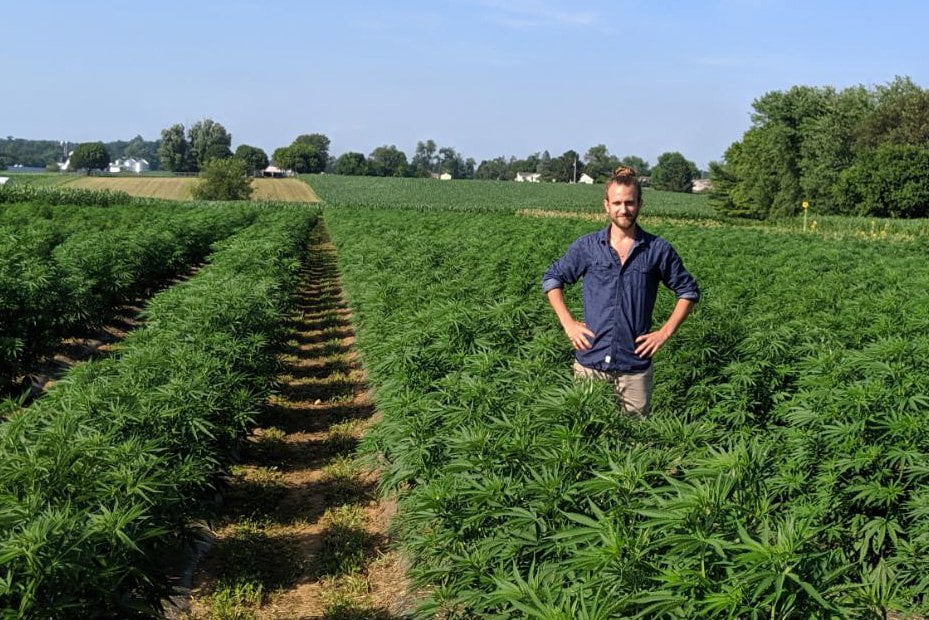
For example, Floyd’s of Leadville Hemp Farm Manager Wayne Bendistis uses ”Syntropic farming,” which he describes as more of an ecosystem management perspective rather than ‘farming. “I work with natural substances to build fertility in the soil and enhance microlife. Good microbial life means good nutrient cycling, and strong probiotic community which inherently deters disease and pests.
While Wayne is busy tilling the soil, we’re also working on the high-tech nerdy stuff. By next year, we hope to have developed our own strain of hemp. Not only will this give us more CBD per plant, it should help our small scale growers remain competitive as bigger agricultural businesses come into the market. CBD is a huge and growing, market and we want to share that with the community rather than see the money generated flow back to the same companies who already have a hand in everything from what we eat to the packaging we eat it from.
We’re invested in the Lancaster community, and why we welcomed over 300 potential farmers to our conference on hemp agriculture last year. Rather than paying an agreed-upon price to farmers, we share our profits with them based on the market price. What this means is that they can net over $20,000 for an acre of hemp. In some cases, this is the difference between a farm being economically viable and not making ends meet. We are proud to have introduced a new way of making farming pay to the hard-working farm communities that Floyd grew up riding through.
Not only are the farmers happy because they’re making more money. Wayne also says that CBD helps with his aches and pains after a long day on the farm. Win win!

